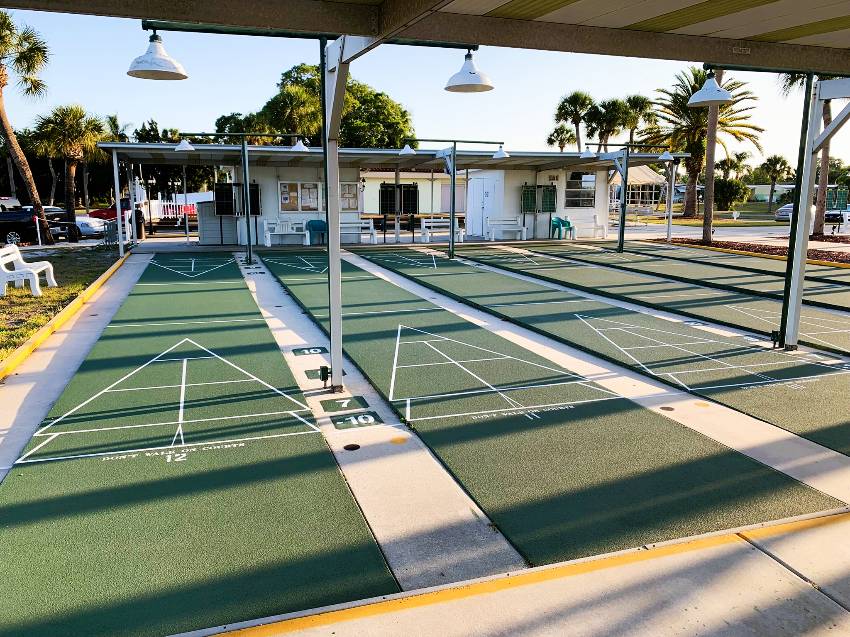Table of Contents
A Basic Guide to Land Lease Agreements for Mobile Homes
When it comes to owning a manufactured or mobile home, one important aspect often overlooked is the land on which the home sits. For many manufactured homeowners, leasing land is a practical and flexible option, but understanding land lease agreements can be a bit tricky. This guide will break down everything you need to know about land lease agreements, from what they are and why they’re beneficial, to tips for negotiating the best terms.
What Is a Land Lease Agreement?
A land lease agreement, also known as a ground lease, is a legal contract between a landowner and a tenant, allowing the tenant to place their manufactured home on the owner’s land for a specific period in exchange for rent. Unlike traditional homeownership where you own both the land and the structure, a land lease means you own the home but rent the land.
Benefits of a Land Lease Agreement
Opting for a land lease agreement can offer several advantages:
- Lower Upfront Costs: Since you’re not buying the land, your initial investment is significantly lower, making it easier to afford a manufactured home.
- Flexibility: Leasing provides the option to move your home if needed, without the long-term commitment of owning land.
- Access to Amenities: Many land lease communities offer shared amenities such as pools, community centers, and recreational areas.
- Maintenance and Landscaping Services: Some land lease agreements include maintenance services, which means fewer responsibilities for you.
Key Elements of a Land Lease Agreement
When entering a land lease agreement, it’s crucial to understand the key elements included in the contract. Here are some of the most important aspects to look out for:
- Lease Term: The length of the lease, which can range from a month-to-month arrangement to several decades. Longer terms provide more stability, but shorter terms offer flexibility.
- Rent Amount and Increases: The agreement should clearly state how much rent you’ll pay, how often it’s due, and if or how the rent can increase over time.
- Maintenance Responsibilities: Outline who is responsible for maintaining the property, such as landscaping, snow removal, or utility repairs.
- Utilities and Services: Check if utilities like water, electricity, and garbage collection are included or if you’ll need to arrange and pay for them separately.
- Community Rules and Regulations: Many leased land communities have rules regarding pets, exterior modifications, noise levels, and more. Make sure you understand and agree with these rules.
- Renewal and Termination Clauses: Understand the conditions under which the lease can be renewed, terminated, or transferred, as well as any fees associated with ending the lease early.
Types of Land Lease Agreements
There are different types of land lease agreements tailored to meet various needs. Here are the most common ones:
- Short-Term Lease: Typically month-to-month or up to a year, offering flexibility but less stability.
- Long-Term Lease: Usually spans 10 to 99 years, providing long-term security and often includes rent control provisions.
- Seasonal Lease: Ideal for those who only live in their manufactured home part-time, such as snowbirds or vacationers.
- Perpetual Lease: These leases automatically renew, offering a sense of permanent residence while still renting the land.
Tips for Negotiating a Land Lease Agreement
Getting the best terms possible can make a significant difference in your overall experience and costs. Here are some tips to help you negotiate:
- Research Comparable Rates: Look into the going rates for land leases in your area to ensure you’re getting a fair deal.
- Understand the Fine Print: Pay close attention to all clauses, especially those related to rent increases, termination, and renewal.
- Request Rent Caps: Ask if the landlord will agree to cap rent increases to a certain percentage to avoid unexpected hikes.
- Ask About Transferability: Ensure that you can transfer the lease if you decide to sell your manufactured home in the future.
- Get Everything in Writing: Any verbal promises made should be included in the written agreement to avoid misunderstandings later.
Potential Risks of Land Lease Agreements
While land lease agreements have many benefits, there are some potential risks to be aware of:
- Rent Increases: Rent can increase over time, so it’s essential to budget for potential hikes.
- No Ownership of Land: You won’t build equity in the land, which means you miss out on potential appreciation.
- Lease Termination: If the landowner decides not to renew the lease or sell the property, you may have to relocate your home.
- Community Rules: Some communities have strict rules that may limit your freedom to personalize or modify your home.
Is a Land Lease Right for You?
Deciding if a land lease agreement is the right choice depends on your lifestyle, budget, and long-term goals. If you value affordability, flexibility, and access to amenities, a land lease might be a great option. However, if building equity and long-term stability are priorities, you might consider buying land instead.
Frequently Asked Questions
Q1: How much does a land lease typically cost?
Land lease costs can vary widely depending on location, amenities, and the length of the lease. Generally, you can expect to pay anywhere from $200 to $1,000 per month.
Q2: Can I make changes to the land on a lease agreement?
It depends on the terms of your lease. Some agreements allow minor changes, while others have strict rules about alterations. Always check with the landowner or community manager before making modifications.
Q3: What happens if I sell my manufactured home?
If you sell your home, the new buyer will typically need to negotiate a new land lease with the landowner. Ensure your lease is transferable to avoid complications during the sale.
Q4: Is it possible to buy the land after leasing it?
In some cases, the landowner may be open to selling the land to you. If this is an option you might want in the future, discuss it upfront and consider including a right of first refusal clause in your lease agreement.
Q5: Are land lease agreements legally binding?
Yes, a land lease agreement is a legally binding contract. It’s crucial to read and understand all the terms before signing.
Final Thoughts
Land lease agreements can be an excellent solution for manufactured homeowners looking for flexibility and affordability. By understanding the key elements, benefits, and potential risks, you’ll be better equipped to make an informed decision that suits your needs. Always take the time to review your lease carefully, negotiate the terms, and consult with a professional if you have any concerns.


